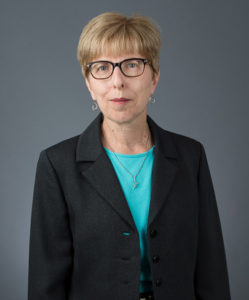Earlier this month, the U.S. Supreme Court denied a request to review the First Circuit Court of Appeals decision in the Sun Capital Partners III, LP v. New England Teamsters and Trucking Industry Pension Fund case, thereby confirming the Appeals Court’s decision that the two separate Sun Capital private equity funds were not under common control with a portfolio company and therefore were not a controlled group as defined in Code Section 414. As a result of the decision, neither fund is liable to the multiemployer pension fund for $4.5 million of withdrawal liability owed by Scott Brass Inc.
While this decision is good news for private equity funds that follow a structure similar to that used by the Sun Capital Partners funds, it is a reminder of the high stakes involved when companies are found to be part of a controlled group. At its heart, the controlled group rule requires that all employees of the controlled group members be treated as if they were employed by one employer when:
- determining if members of the controlled group can offer separate 401(k) plans to their employees. Each such plan must pass the Code Section 410(b) coverage rules and the Code Section 401(a)(4) non-discrimination rules on a controlled group basis.
- determining if a member is a large employer for purposes of the Affordable Care Act. Employees of non-US members do not count for ACA purposes.
- determining if a member has 20 or more employees on a typical business day during the preceding calendar year and therefore must offer COBRA continuation coverage to terminated employees. Employees of non-US members count for COBRA purposes.
- determining whether one member may make employer contributions to the Health Savings Accounts of its employees if other members do not make similar contributions.
A previous tax blog provides an overview of the ownership rules that can cause one legal entity to be part of a controlled group with another entity. Companies that may be part of a controlled group should talk to experienced benefits counsel about these rules.
About the Author
Deborah L. Grace is a Member in Dickinson Wright’s Troy office where she advises HR professionals, CFOs, and private equity firms on all matters relating to employee benefits law, including designing and administering 401(k) retirement plans and welfare benefit plans. Deb can be reached at 248-433-7217 or dgrace@dickinsonwright.com and you can visit her bio here.

